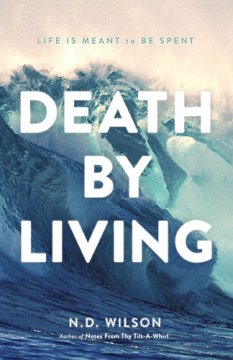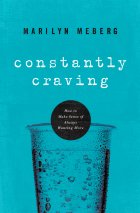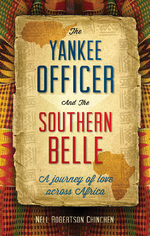When I was given a copy of the book 1001 Great Ideas for Teaching & Raising Children with Autism Spectrum Disorders (first edition), I was convinced that I’d be reading “old news”. Although already familiar with some of the information, I was completely blown away by the section on behavior (chapter three), which has helped me in my daily interactions with our son. I also think that the behavior chapter is especially helpful to educators. Too many in the autism world have been influenced to think that functional communication is the only true means of communication. It isn’t.
From page 67, on hostile or aggressive behavior:
First, understand where the behavior is coming from. Almost all such behaviors are rooted in your child’s sensory and/or social impairments. He is not doing it to provoke you, embarrass you or make your life miserable. He is not an inherently unkind, cruel, malicious or evil individual. He is most likely feeling frustrated, fearful, threatened, tired, unable to communicate his needs or otherwise unable to cope. Let your response spring from this understanding.
The chapter also points out ways to avoid escalating a skirmish, which are helpful for parents and educators alike. I also found Chapter 7 To Know the Law, to be helpful. It contains a brief explanation of navigating laws within the public school system as well as links to the three federal laws: IDEA, Section 504, and ADA (see page 196).
Overall, I was pleasantly surprised to find that the material was clearly organized and presented in a helpful way. Web addresses are contained within the text, so there is no need to flip back and forth to a notes section at the end of the book to find what you are looking for. Book lists for suggested reading are also given where appropriate, as well as vendor information. There are some endnotes but they aren’t overly cumbersome. A great index at the back of the book makes it easy to use this guide as a reference. I highly recommend this book to all educations and parents. It’s a worthy addition to the library shelf.
NOTE: The authors have published a second edition, which you can peruse here: http://www.amazon.com/Teaching-Raising-Children-Aspergers-Expanded/dp/1935274066/ref=sr_1_1?ie=UTF8&qid=1384130128&sr=8-1&keywords=1001+great+ideas+for+kids+with+autism+spectrum+disorders









